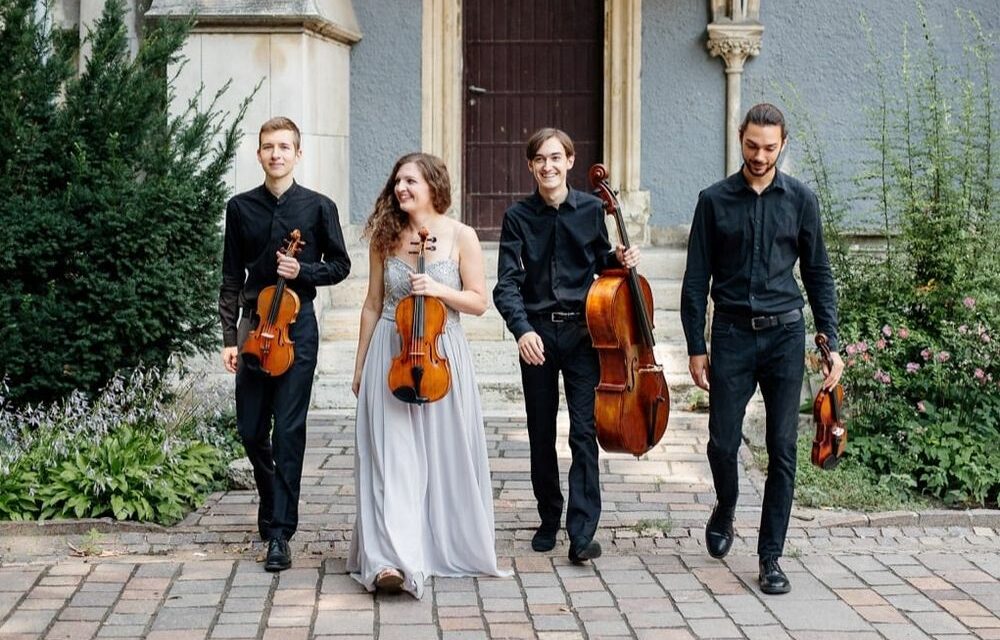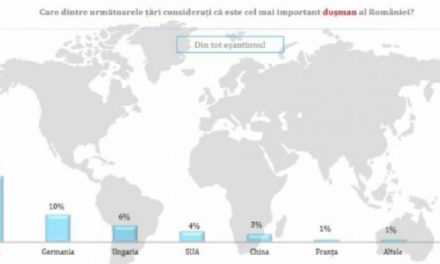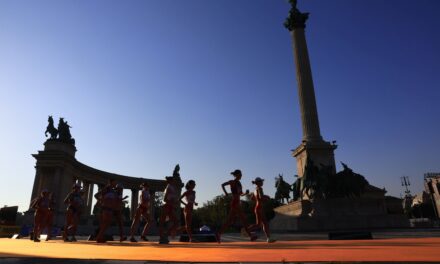The Academy of Music has published this year's announcement of the Bartók World Competition with a total prize of 44,000 euros (HUF 17 million), for which violinists are invited this time. The Bartók World Competition, which takes place in six-year cycles, will reach a new chapter in 2023: after the first cycle ended with last year's composition round, violinists are expected again this year, as at the start in 2017, the organizing Academy of Music informed MTI on Thursday.
From February 20, talents under the age of 30 can apply for the contest, which takes place between September 2 and 10 with the support of the Hungarian government, via this link.
Based on the submitted videos, a preliminary jury consisting of the Academy of Music's instructors will advance up to thirty applicants to the live rounds.
The semi-finals, the semi-finals, the final and the prize-giving gala concert are open to the public and can also be watched online.
The prestigious international jury of the live rounds will include the German violinist Stephan Picard, a teacher at the Hanns Eisler Academy of Music in Berlin; American violinist Daniel Phillips, instructor at The Juilliard School in New York; the Ukrainian-British violist-conductor Maxim Rysanov, who lives in Hungary; French violinist Roland Daugareil, teacher at the Paris Conservatoire, who was first violinist of the Orchester de Paris until 2021, and Japanese violinist Toda Jajoi.
In addition to them, the Hungarian violinist Kristóf Baráti, head of the string department of the Liszt Ferenc University of Music, will also be a member of the board; composer Gyula Fekete, head of the university's composition department and deputy rector; Conductor Péter Halász, music director of the Deutsche Oper am Rhein in Düsseldorf, and violinist-conductor András Keller, music director of Concerto Budapest.
The first prize is 22,000 euros, the second 14,000, and the third 8,000. In addition, the jury can award special prizes, including performance opportunities.
In the compulsory repertoire, the focus is on Bartók's most important violin pieces, but the contestants must also demonstrate their skills by playing works by Bach, Paganini, Ravel, Saint-Saëns, Schubert, Mozart, Beethoven, Prokofiev, Brahms, Debussy, Lutoslawski and Stravinsky, among others.
In addition to these, one of the first and second place winners of last year's composition round is also to be chosen: the composition of Serbian Veljko Nenadics, Impromptu and Perpetuum Mobile, and the work of Thomas Kornél, Fun-tasto: Reflexió és Életöröm.
In the finals, with the participation of the Hungarian Radio Symphony Orchestra and conducted by János Kovács, the finalists must perform one of Bartók's 1st and 2nd, Mendelssohn's E minor, Brahms's D major and Tchaikovsky's violin concertos in D major, the announcement states.
Source: Felvidek.ma
Featured image: MTI












